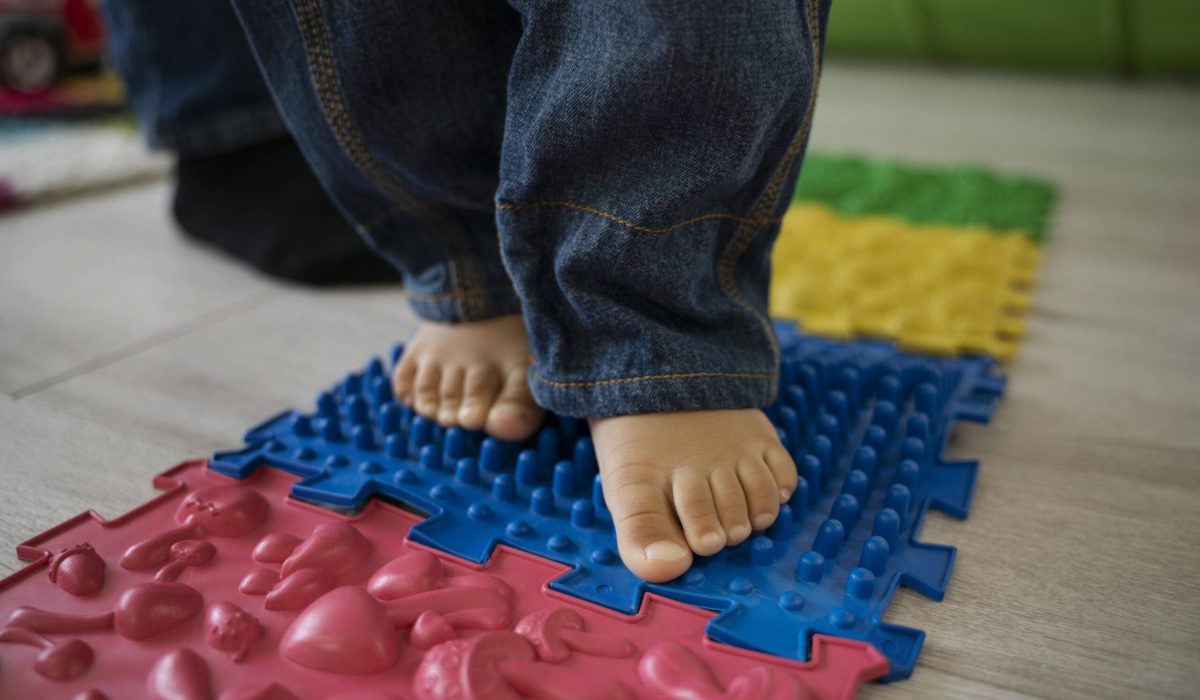- Mon - Sat: 9:00 am - 6:00 pm
- 90033 18396
- No 32, 5th Main Road Kasthurba nagar Adyar, Chennai-20, India


At Catepilla, we understand that every child experiences the world differently. Sensory processing challenges can affect how children react to sights, sounds, textures, tastes, and smells. Sensory therapy helps children process sensory information more effectively, promoting emotional regulation, better focus, and improved motor skills.
Sensory therapy is a therapeutic approach that helps children who struggle with sensory processing disorders (SPD) or sensory sensitivities. These children may be overly sensitive to certain sensations, or they may seek more intense sensory experiences. Sensory therapy uses specific activities and exercises to help children respond more appropriately to sensory stimuli, which can improve motor skills, focus, and emotional regulation.
Every day, children are exposed to a variety of sensory inputs—light, sounds, textures, and even social interactions. Some children have difficulty processing and responding to these stimuli. Sensory therapy helps children:
Reduce sensitivity to certain textures, sounds, or lights.
Help children stay on task by reducing distractions from sensory sensitivities.
Improve fine and gross motor skills, including tasks like writing and playing.
Help children manage their emotions and reduce feelings of frustration, anxiety, or meltdowns.
Sensory therapy can make a world of difference for children who struggle with sensory processing issues. Here are some key benefits:
Helps children filter, organize, and respond to sensory information more effectively.
Children become better at concentrating on tasks, leading to improved school performance and daily activities.
By helping children manage sensory sensitivities, therapy can reduce feelings of overwhelm and anxiety.
Sensory therapy supports the development of fine and gross motor skills, making physical activities easier.
Children become more capable of managing emotional outbursts and frustrations.
If your child exhibits any of the following, they may benefit from sensory therapy:
At Catepilla, we provide personalized sensory therapy programs designed to meet your child’s unique needs. Our experienced therapists use a combination of evidence-based techniques and engaging activities to help your child thrive. Here’s why families trust us:
Each child receives a therapy plan tailored to their sensory processing needs.
Our team is highly trained in sensory integration techniques to support your child’s development.
We make therapy enjoyable and engaging, ensuring your child is motivated to participate.
We address sensory processing concerns in the context of your child’s overall development, including social, emotional, and academic growth.
If your child struggles with sensory processing issues, sensory therapy can help. Contact us today to schedule a consultation and learn how our sensory therapy program can improve your child’s development and quality of life.